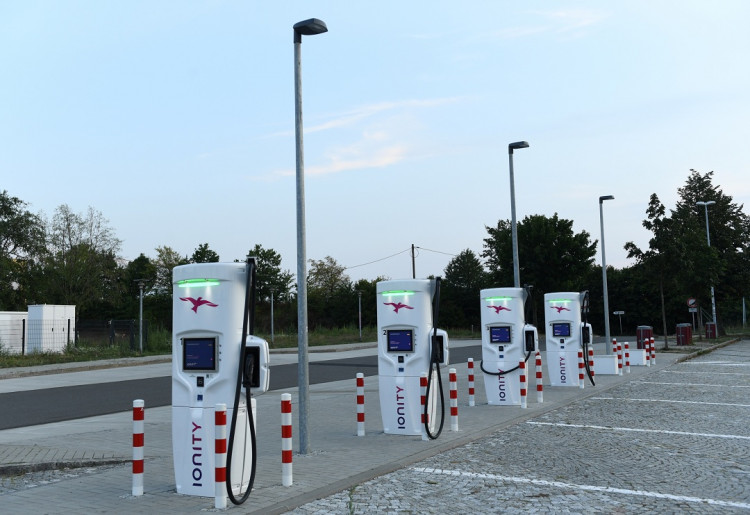The automotive giants hailing from Japan, South Korea, Europe, and North America announced the formation of a new venture in a joint statement On July 26. The company aims to establish a robust electric vehicle (EV) charging network across North America, installing at least 30,000 fast-charging stations, and looking to leverage U.S. government subsidies. If achieved as planned, this venture will create a major EV charging network, rivaling Tesla's dominant North American Charging Standard (NACS).
The joint venture plans for the first charging stations to be operational by summer 2024, primarily focusing on urban areas and highways. Similar to gas stations, each location will have multiple fast DC charging stations. Where feasible, these sites will also offer amenities like weather-protected canopies, restrooms, food services, and retail outlets within the same building complex or nearby. Some flagship locations will offer additional facilities.
This initiative is backed by General Motors, Stellantis, Hyundai, Kia, Honda, Mercedes-Benz Group, and BMW.
The joint venture's charging stations will support two types of connectors: NACS, led by Tesla, and the Combined Charging System (CCS), widely used by many automakers. The joint venture will tap into both public and private funds to build the network.
Market expectations suggest that the investments from Tesla and this newly formed joint venture will fulfill the requirements of the U.S. EV Infrastructure Plan, aiming to install 500,000 supercharging stations across the country.
Mary Barra, CEO of General Motors, has stated her company's commitment to an all-electric future, not just through providing beloved EVs, but also by investing in charging infrastructure and industry-wide initiatives to make access easier. With the availability of these charging facilities, consumer demand for EVs is expected to increase rapidly.
Carlos Tavares, CEO of Stellantis, expressed optimism regarding the expected significant growth in the EV market. He believes that a widespread charging network is critical to safeguarding vehicle owners' rights. All these efforts align closely with their ambitious carbon-neutral plans.
As Tesla opens its charging network to more automakers, competition in the EV charging space is intensifying. This month, Mercedes announced that its customers in North America would be able to use Tesla chargers by 2024, while the company also plans to establish its own charging network. Electrify America, a charging company owned by Volkswagen, stated in June this year that it would offer Tesla charging connectors in its North American network by 2025. General Motors, Ford, and Rivian have all stated they will adopt Tesla's charging standards. Last year, Electrify America operated 3,737 supercharging stations in the U.S., second only to Tesla's 13,878.
Presently in North America, one of the primary concerns for consumers considering an EV is the limited proliferation of charging stations. According to the U.S. Department of Energy, there are about 32,000 public DC fast chargers in the U.S., able to service 2.3 million EVs. However, the National Renewable Energy Laboratory estimates that by 2030, the U.S. will need 182,000 DC fast chargers to support 42 million EVs.





